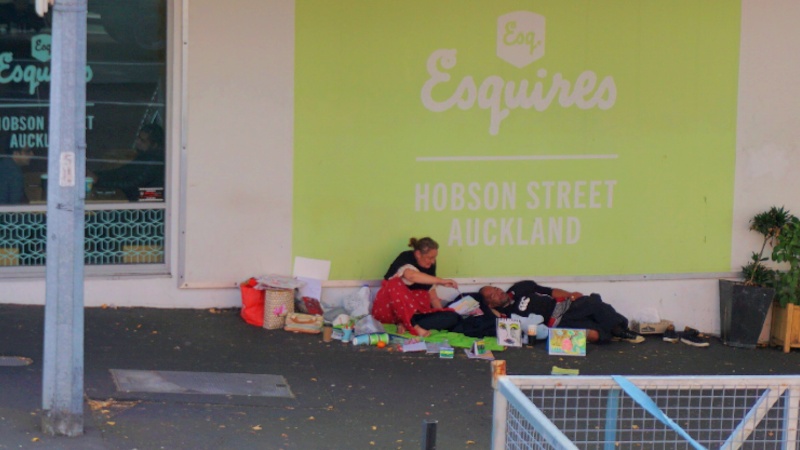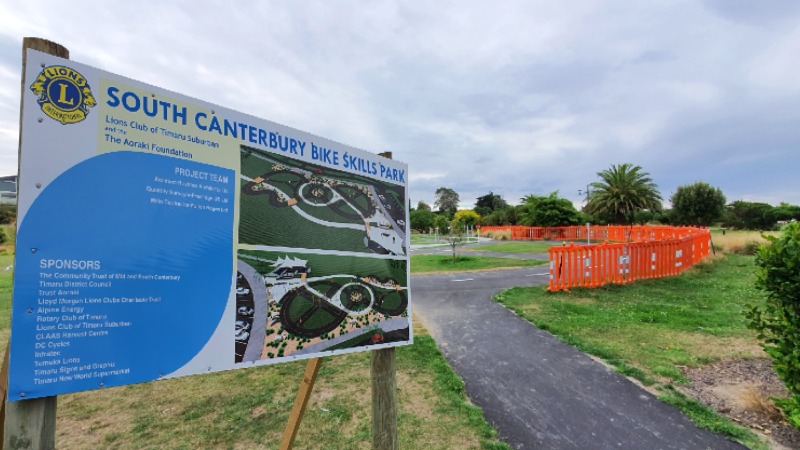

Introduction
According to Statistics NZ, homelessness in New Zealand has been estimated at just under one per cent of our population. This means almost 50,000 severely housing deprived people in our beautiful country. This figure is about Nelson’s urban area population – New Zealand’s 15th largest urban area.
Housing First Nelson
In 2020, the Government and The Salvation Army Nelson Tasman Bays launched a Housing First Project. Homelessness is increasingly a problem in the Nelson-Tasman region, so the community welcomed a project like this.
During the COVID lockdown, 74 homeless people in the area were housed. Initially, just one Motel was used to house the homeless as it was unclear the scale of the homeless population in Nelson.
However, when this motel was soon filled, the picture became clear that this was a far bigger problem than anyone had thought. A second, third, and fourth location was secured to meet the need.
Homelessness is defined as a living situation where people with no other options to acquire safe and secure housing are: without shelter, in temporary accommodation, sharing accommodation with a household, or living in uninhabitable housing.
Since the lockdown, the focus has changed. A Salvation Army spokesperson, Envoy Ros Vercoe, has said, ‘the focus had shifted to gradually moving people from motor camps and motels and into sustainable housing. Temporary motor camps had proven to be a perfect solution and targeted people not suited to staying at a motel. If you are not used to living in normal accommodation, then a motel can be overwhelming.’
History
Housing First is a central government-funded initiative. It is based on a proven international model that was developed in 1988. The approach is to work with and link iwi, councils, government departments, community organisations and private enterprises to solve homelessness in New Zealand.
The Government recognised that it is a lot easier to deal with homelessness and the complex issues that often accompany mental health and addiction if you use a multi-organisation approach. No one organisation could solve these problems alone.
Housing First was chosen as a model to deal with this issue. The evidence showed that if a homeless person was housed and supported in addressing the underlying issues, the individual’s quality of life improved. A significant (34%) reduction in emergency, hospital inpatient and detox services is experienced.
Our government set up the first Housing First initiative in Auckland on February 27, 2017, partnering with five organisations that have sheltered around 1,000 people in motels during the lockdown periods and continue to support 536 people as of the end of September 2020.
Across the country, the government has budgeted for 2700 people and whanau to be given services from Housing First programmes in the next few years. There are currently ten programmes in New Zealand.
The future
Many communities have made inroads to deal with homelessness during this year, thanks partly to COVID-19. A recent Housing First Auckland Collective hui has been looking forward to the recent gains made in a post COVID world.
From the collective, Tracey Moore said, ‘COVID-19 has demonstrated our ability to work together across sectors to solve complex problems in an agile way. It’s now time to turn this response to the pandemic into long-term change.’
In December 2020, Treasury predicted that house prices would rise between now and 2023 by an 18.3% average. This increase will put increasing pressure on Kiwis to gain a home, especially those Housing First is helping.
Tracey said, ‘Housing First Auckland is very much seeking to be a part of the national solution and work with the government to reach our mutual goal that homelessness is rare, brief and non-recurring.’
Conclusion
The Housing First project is one way that Councils and local organisations can solve the challenging problem of long-term homelessness in our communities.
A starting point might be to check out the Te Tūāpapa Kura Kāinga Housing First web page – Housing First | Te Tūāpapa Kura Kāinga – Ministry of Housing and Urban Development (hud.govt.nz)
Well done to The Salvation Army (TSA), supported by Te Piki Oranga, Gateway Housing Trust, the Nelson City Council and The Male Room, delivering 50 Housing First places in the Nelson Tasman area.
PHOTO CREDIT: Jonan Castillon




